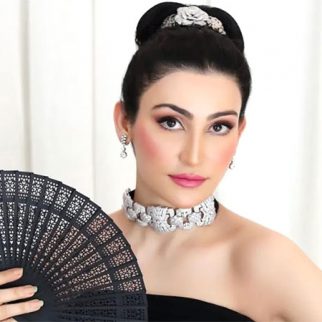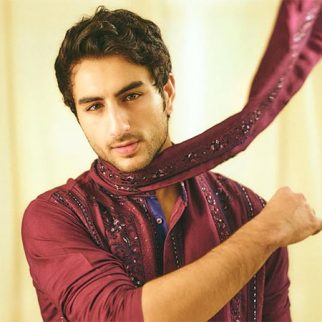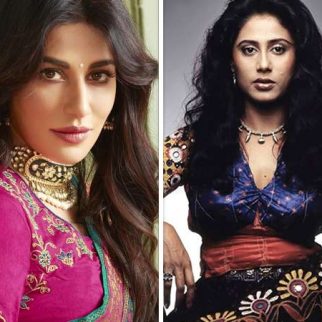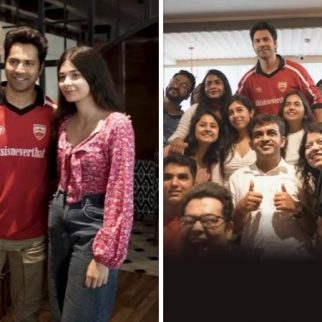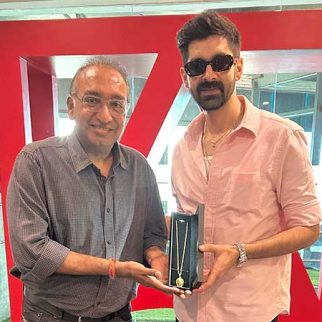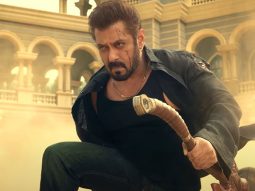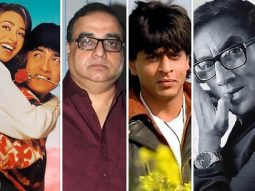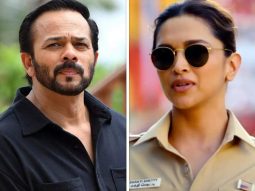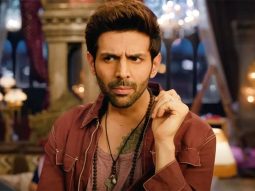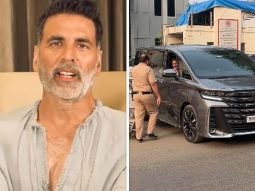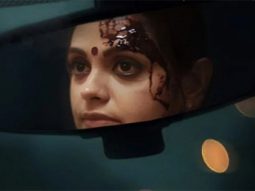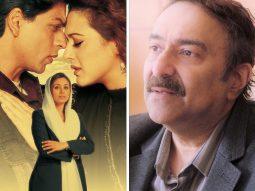
Asha Bhosle's recent critique of the song 'Kolaveri Di' can be so easily dismissed as a standard diatribe by the older generation about succeeding ones. But some
Generation gap in music-or food for thought?impartial rumination on what the veteran singer has to say about many aspects of music today should be done first before arriving at any hasty conclusion. After all, experience, especially if it be
of over six decades of music that has physically changed in this timeframe, does have premium value.
Asha hits hard when she says that "Easy things are not good", referring to modern technology whereby singers can punch in lines, phrases or words while recording should there be errors, with auto-
tune software that encourages off-key warblers to record, and myriad other technological help. In short, songs can be recorded in bits and pieces and assembled digitally (Sadhana Sargam had
revealed to this writer how her hit 'Banno' from 1947 was pieced together from multiple retakes by A.R. Rahman!).
She stresses also that songs recorded or created with a lot of hard work and efforts last longer and are infinitely superior, and says, "We were excited when we recorded live with all the
musicians. Now we stand alone in a room with headphones on, singing as per the music we hear on them. There is no fun as no one is there to praise or correct us in our diction, and even the
composer is missing sometimes."
Coming from the most modern-in-outlook singers among legends, we must reflect on what she says.
As we all know, a single slip by a single musician (sometimes in a 125-piece orchestra!) would lead to a complete repeat recording of the entire song in the past. Perfection and speed were still
miraculously achieved when rehearsals (just like today's extensive pre-production of movies) were painstakingly done for days before. It was not uncommon for a composer to record two or even more
songs in one day, while a singer could record four of five!
Asha further admits that she is "old-fashioned" about certain aspects. To her, there can be no compromise on language, diction or pronunciation as well as the nuances, like the way "Kha" is
pronounced in "Khuda" or "Qismat" is spoken (with the tongue touching the back of the front lower teeth!) in the Urdu language. And this, said the singer, applies to every language.
Wrong grammar, terrible diction, Westernized accents (complete with the rolling of "r" as with English songs) and faulty pronunciations have all run wildly amok in film songs in the last decade or
more. Blogs have been written by so many listeners on this spreading affliction, not all of them by the 30-plus age bracket!
Lata and Asha still speak Hindi with a strong Marathi accent yet sing impeccably. It is well-known that in a Lata-Rafi duet, Lata, a Maharashtrian, would sometimes sing with superior Urdu phonetics
than even the peerless Mohammed Rafi. It was the effort and the precision that was harnessed whenever needed!
Lyricists like Majrooh Sultanpuri (who was very finicky about these aspects) and others from the older generation would make it a point to be present to correct the phonetics and diction at even
the final recordings besides the rehearsals. Singers were gracious enough to ask even composers half their ages about whether they had sung to their satisfaction.
Today, such cases are like rare oases in a desert. Amaal Mallik recalls how KK, after recording 'Tu Bhoola Jise' in Airlift, called him up to enquire if his singing had been okay or
whether another take would be needed-the implication being that Amaal might be hesitant to request KK due to the singer's seniority! But in most cases, these gestures do not happen today. Singers
come, sing in bits and leave!
Shocked at Arijit Singh's pronunciation of the Urdu word jazbaat as Zzz-baat in Dilwale, lyricist Amitabh Bhattacharya admitted that it was not always possible for songwriters to be
present when the singers record. "Songs are dubbed by singers even after midnight!" he explains wryly! The wrongly pronounced word was passed as both Arijit and composer Pritam were not all that
familiar with the Hindi/Urdu idiom!
Asha also states that most of today's tunes or lyrics can be barely remembered. In these days when hooks have become more important than the song within the storyline and situation in a film, this
is a sad truth as listeners want hooks as caller tunes and most of the moneys in recorded music come from that source for music labels.
While good lyrics are at a premium nowadays, and toying with phonetics, Sufi-ana words et cetera have gained prominence, sadly priorities have shifted in verse as well: the credo now is to impress
rather than to express!
Lyrics, by definition, are about feelings. Obviously, feelings can reach their human destination only with simplicity and coherence-with some deep emotions and thoughts. Also, thanks to digital
music and the pub culture, the thrust is on vacuous thought couched in fancy words. A supposedly 'trendy' overdose of Punjabi and Sufi Urdu and doses of English thrust in (rap et al), make
almost the entire song incoherent along with the mixing levels that subdue the lead vocals.
As a witty wag recently stated, "At the rate Punjabi songs are being used in Hindi films, I hope that Punjabi films have Hindi songs now!"
And yet, all is not lost. Off and on, and then in a truly big way, GenY endorses the finest music on a big scale. We are already back into, the welcome pre-'80s era when songs and their films had
separate fortunes not always connected with each other. The music of blockbusters like Yeh Jawaani Hai Deewani and Bajirao Mastani, for example, have most, if not all, the
ingredients needed to make classic scores. The biggest hit of last year was the meaningful, soft yet vibrantly sung melody 'Sooraj Dooba Hai Yaaron' from Roy, a box office disaster.
Such songs appeal across generations, including to those used to a completely different ethos in music. Lata Mangeshkar has always praised Kavita Krishnamurthi, Alka Yagnik and Sunidhi Chauhan in
particular, also expressing her liking for Sonu Nigam. Manna Dey was another admirer of Sonu, and Pyarelal, ironically, introduced A.R. Rahman and his music in Roja to Subhash Ghai!
Yes, Asha is not in sync with current trends, but trends change or fade, while melody and lyrical substance do not. 'Kolaveri Di' or a 'Lungi Dance' (Chennai Express) may
have been endemically popular, but so have 'Teri Meri Meri Teri' (Bodyguard) some years ago and 'Gerua' (Dilwale) and 'Selfie Le Le Re' (Bajrangi
Bhaijaan) now, all of which had definite graphs in lyrics, music and vocals, and fulfilled all of Asha's requirements for a good song.
Today's music has technical perfection, words that are in sync with young India's lingo (we speak strictly about the well-written ones), a fresh and broader vision of music integrated from around
the world, and a good yen to experiment with these genres.
So the clock cannot-in fact, should not-be taken back in the matter of advancements in technology, but timeless 'today' songs are and can always be made if we pay attention to these vital points
suggested by Asha, whereby high creativity in musical and lyrical caliber will blend with lasting popular appeal.
BOLLYWOOD NEWS - LIVE UPDATES
Catch us for latest Bollywood News, New Bollywood Movies update, Box office collection, New Movies Release , Bollywood News Hindi, Entertainment News, Bollywood Live News Today & Upcoming Movies 2025 and stay updated with latest hindi movies only on Bollywood Hungama.

